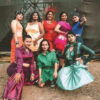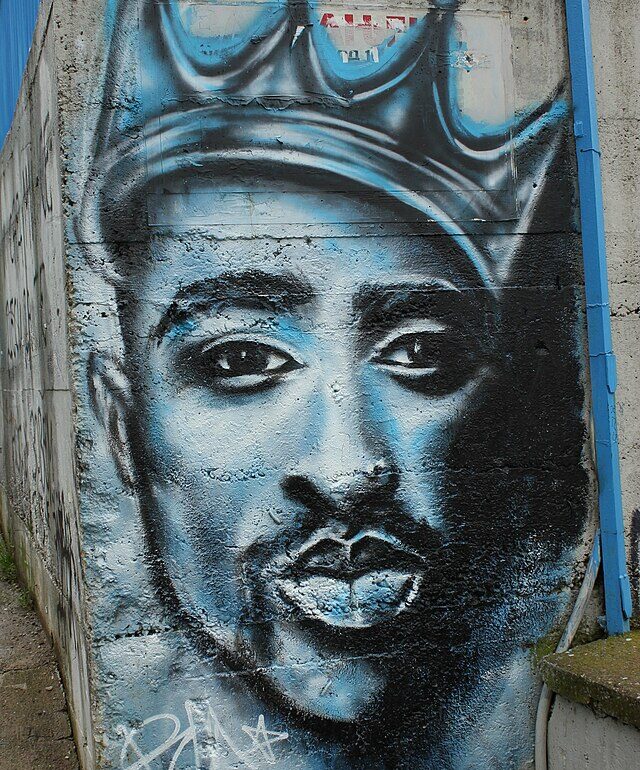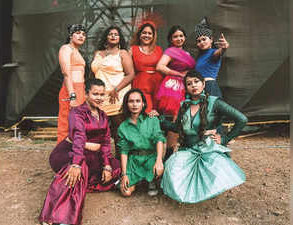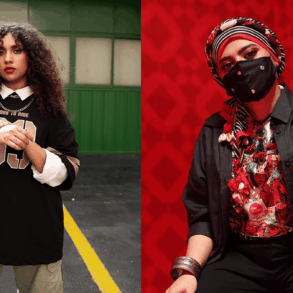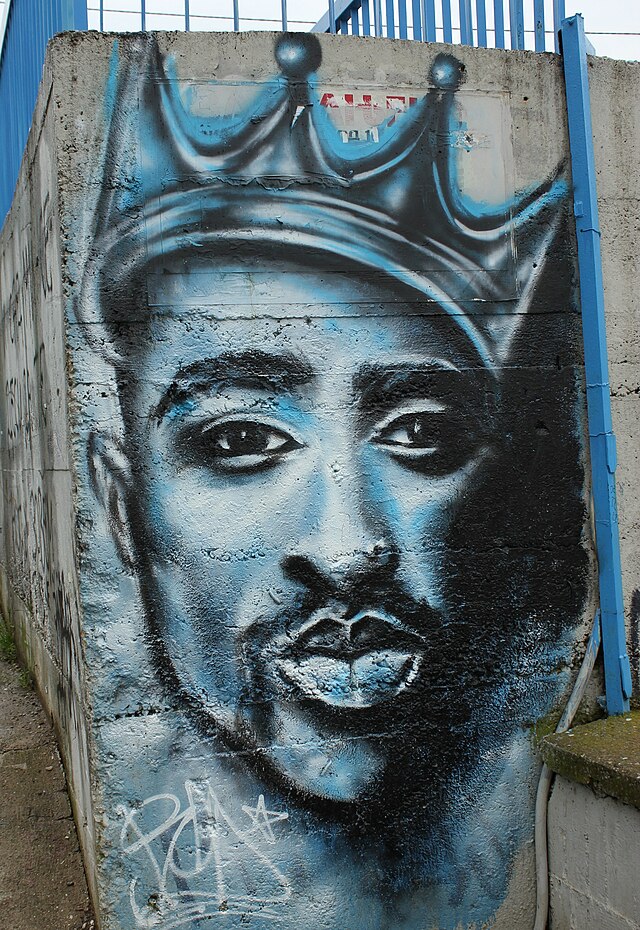
Tupac Shakur is regarded as one of the greatest hip-hop artists of all time, and his legacy has lasted long after his premature death in 1996.
Like any other artists, people turn on Shakur’s music to enjoy his work and don’t look any further. However, the man was simply ahead of his time, and we should acknowledge it.
To many, he may seem like just another rapper talking about gangs, drugs and violence — all themes which can definitely be found in Shakur’s lyrics — but once you peel back the layers and take a dive into his catalog, you find an artist rapping about profound social issues.
Shakur made the blueprint for this type of conscious writing in hip-hop. Although it was done before he stepped onto the scene, he was the one who popularized the concept and touched so many people with his powerful lyrics.
From his debut studio album “2Pacalypse Now” to his posthumous works, Shakur’s music is littered with social justice causes — many of which are still major talking points in the present day. Shakur always had an ability to discuss issues plaguing America in his writing, the most famous example being his 1993 song “Keep Ya Head Up,” which serves as a support letter to women.
“And since we all came from a woman, got our name from a woman and our game from a woman,” Shakur raps. “I wonder why we take from our women, why we rape our women, do we hate our women?”
Later on in the same song, Shakur gives his thoughts on abortion.
“And since a man can’t make one, he has no right to tell a woman when and where to create one.”
While other rappers during this time were creating songs objectifying women, and Shakur also participated in this practice, he also wrote songs that lifted those same people up. Shakur voiced his opinions and made sure that everyone was heard, men and women.
Although Shakur expressed his thoughts differently than other hip-hop artists at the time, he was still classified as a gangster rapper. Shakur has a long history with the law and his 1996 album “All Eyez On Me” is filled with more lyrics about violence and objectifying women rather than thought provoking subject matter.
Shakur’s past with the law leaves a stain on his overall legacy, spending nine months behind bars for a sexual assault charge in 1995. Shakur was found guilty of sexually assaulting a female fan named Ayanna Jackson, which Shakur claimed was consensual.
On top of this, Shakur was affiliated with Death Row Records, a record label that has been associated with gang violence, and other illegal activities.
This should not take away from the powerful messages shown throughout these songs. His music is art, with Shakur calling his work poetry during a 1995 police interrogation.
“(Rap) is poetry, to me,” Shakur said. “It is my opinion that I started to rap when I was writing poetry. Storytelling, poetry, even iambic pentameter is rap. It’s the way you write it, the structure.”
Almost everything Shakur talked about in his lyrics are still hot topics of discussion in America today, with many rappers now taking the same approach Shakur took 30 years ago. Kendrick Lamar’s “To Pimp A Butterfly,” Joey Bada$$’s “All Amerikkkan BadA$$,”and J. Cole’s “4 Your Eyez Only” all come to mind as modern-day examples.
If Shakur believed that someone was morally corrupt, no matter who they were, he was going to call them out on the mic, even a sitting president of the U.S. Shakur took shots at former president Bill Clinton and 1996 Republican presidential nominee Bob Dole on his song, “How Do U Want It.”
“Worse than all the others; Bill Clinton, Mr. Bob Dole. You’re too old to understand how the game’s told.”
Shakur was fearless and ruthless in his presentation of social issues in his music, with his third studio album “Me Against The World” being regarded as not only one of the best hip-hop albums of all time, but one of the most socially conscious rap projects to date.
Ahead of his era, ahead of the game and always socially aware. Shakur was a forward-thinking individual who laid the groundwork for many of the artists who came after him.
This post was originally published on this site be sure to check out more of their content.


